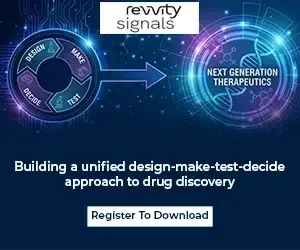Novel Breakthrough: Activating G-Protein Coupled Receptors from Within Cells Paves the Way for Side Effect-Free Drug Development
Researchers have recently made a remarkable discovery related to the activation of a G-protein coupled receptor (GPCR) known as the human parathyroid hormone type 1 receptor (PTH1R). This discovery pertains to a new mode of receptor activation that occurs within cells, without the involvement of signal transduction from the extracellular side. The researchers found that a specific molecule called PCO371 can activate the PTH1R by binding to its intracellular region, directly modulating its function.
An intriguing aspect of this discovery is that PCO371 exclusively activates the G-protein signaling pathway and does not activate β-arrestin, thereby avoiding potential side effects. This selective binding and activation mode make PCO371 a promising candidate for the development of small-molecule-based drugs targeting class B1 GPCRs, like PTH1R. Currently, there is a lack of oral administration drug options for such GPCRs, and developing drugs with reduced adverse effects would greatly benefit patients by targeting specific molecular pathways.
This breakthrough has significant implications for the treatment of conditions such as osteoporosis that require targeting PTH1R. Existing treatments necessitate precise dosage control and have restrictions on administration routes, leaving room for improvement. To gain insights into the receptor's function through its structure, the researchers employed cryo-electron microscopy to reveal the three-dimensional structure of PTH1R and its interaction with G proteins when PCO371 is present. PCO371, acting as a non-peptide message molecule, enters the cell and activates the receptor.
The activation of GPCRs from within cells, rather than from the extracellular side, offers a novel approach that could enhance the specificity of drug development. Until now, direct activation of only the intracellular side of GPCRs, without initiation from the extracellular side, had not been observed. This discovery opens up new possibilities for developing drugs that target specific molecular signaling pathways within cells, ultimately leading to reduced side effects and improved treatment outcomes.








